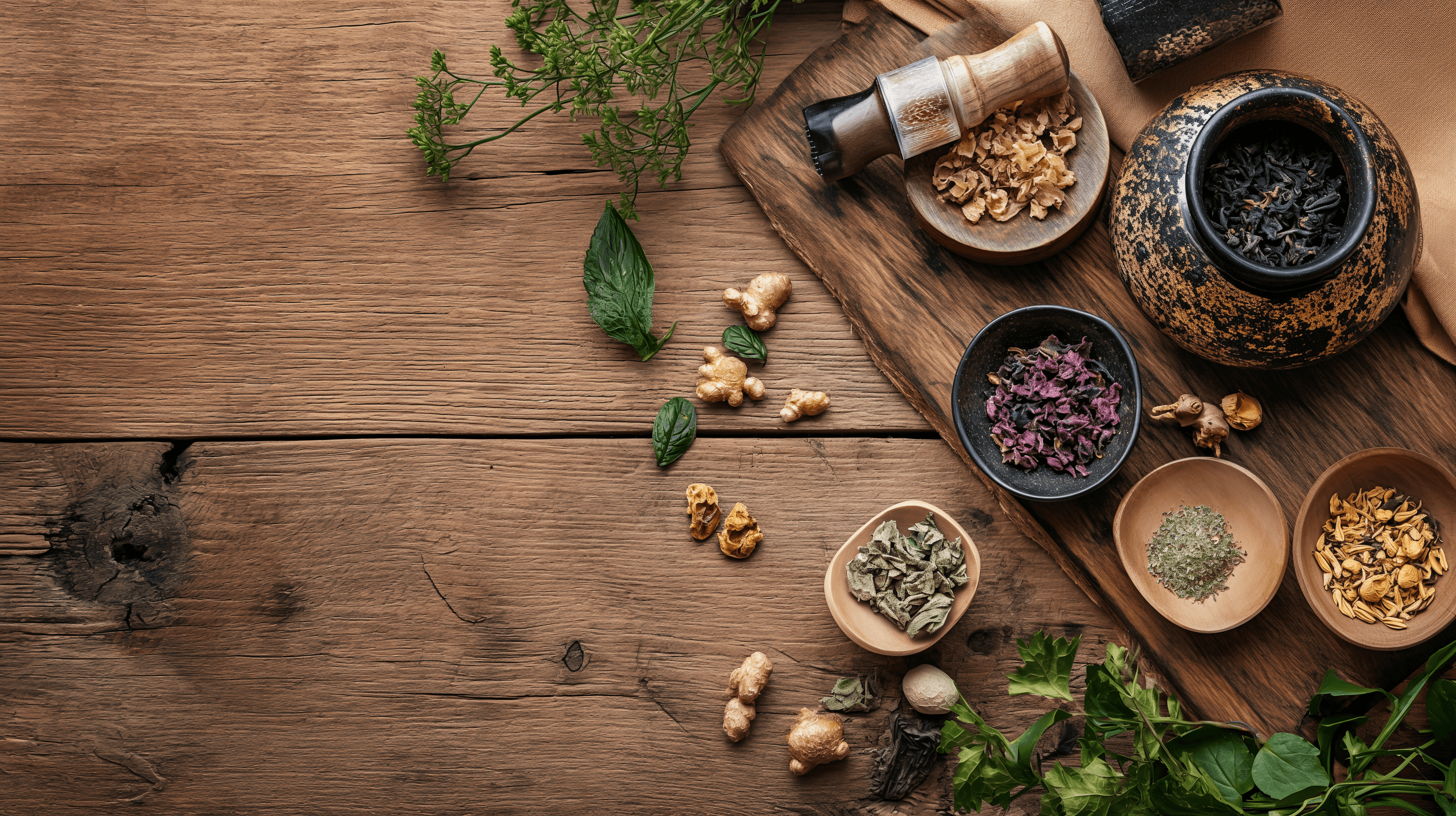Traditional Chinese Medicine: What Should You Know?
People's medical choices are often influenced by their beliefs, traditions, and culture. Factors like religion and information play a role in their decision-making process, leading them to different approaches in addressing their medical problems.
By Team ArabiaMD

Traditional Chinese Medicine (TCM): An Ancient Art of Healing
Introduction Traditional Chinese Medicine (TCM) is a highly regarded medical approach that is recognized worldwide. It is known for its unique methods of treating medical conditions and its effective operations. While many people associate TCM with acupuncture and qi, there is much more to this ancient art.
Philosophy and Principles of TCM TCM is a natural form of healing that emphasizes the relationship between nature, body, spirit, and mind. It is believed that early practitioners of TCM gained inspiration from spiritual journeys and deep meditation, accessing the operations of natural law. These practitioners observed the inner workings of the body and its organs through energy practice and developed theories and principles based on their findings. They discovered the connection between the body's functions and the five elements: water, earth, metal, wood, and fire. This understanding forms the basis of the yin-yang principle, which is fundamental to TCM and quantum mechanics.
Four Major Principles of TCM
- The Body is an Integrated Vessel: TCM recognizes that all structures in the body are necessary and interconnected. The physical body, along with emotions, spirit, and mind, form a complex system powered by energy or life force. TCM emphasizes the wholeness of the body and the importance of all its parts in maintaining good health.
- We are Entirely Connected to Nature: TCM acknowledges that humans are deeply connected to nature. Our health is influenced by natural cycles and elements, and our well-being depends on maintaining harmony with the natural world.
- Everyone is Born with Natural Self-Healing Abilities: TCM believes that our bodies have a natural ability to heal themselves. Just as nature has regenerative capacities, our bodies can also regenerate and recover from various conditions. TCM focuses on activating and supporting these natural healing abilities.
- The Best Cure is Prevention: TCM emphasizes the importance of prevention in maintaining good health. The body constantly communicates with us, providing signs and symptoms when something is wrong. TCM teaches practitioners to interpret these signals and address the problem early on, before it becomes a major health issue.
The Role of the Five Elements The five elements play a significant role in TCM. Each element represents certain body organs, emotions, weather, senses, colors, and flavors.
- Wood is associated with the liver, tendons, and gallbladder and is denoted by the color green.
- Fire is linked to the heart, pulse, and tongue and is denoted by red.
- Earth corresponds to the spleen, mouth, stomach, and muscles and is denoted by yellow.
- Metal is associated with the lungs, skin, and nose and is denoted by the color white.
- Water is linked to the kidneys, bones, and ears and is denoted by the color black.
These elements are constantly changing and interacting, influencing a person's health.
The Concept of Qi Qi is a key concept in TCM and is often described as vital life force. However, its definition goes beyond that. Qi is considered to be the force that makes up everything in the universe and binds everything together. It has both physical and insubstantial aspects. The physical aspect includes the water, air, and food we consume, while the insubstantial aspect includes the energy and vital fluids that flow through our bodies. Qi imbalance or interruption is believed to be the cause of many human ailments, including mental, emotional, and physical disorders.
TCM Treatment and Techniques TCM has been used for centuries to prevent, diagnose, and treat various conditions. It addresses imbalances in the flow of qi caused by environmental factors, lifestyle choices, and internal emotions. TCM utilizes various techniques, such as acupuncture, acupressure, herbal medicine, Chinese massage, moxibustion, nutrition, and exercise, to promote self-healing mechanisms in the body.
Common Conditions Treated with TCM Common conditions that can be treated with TCM include obesity, high cholesterol, arthritis, fertility disorders, Parkinson's disease, cystitis, heart disease, diabetes, depression, back pain, Alzheimer's disease, digestive disorders, nausea, vomiting, and many more. TCM is known for its holistic approach to healing and its effectiveness in treating a wide range of ailments.
Seeking TCM Treatment When seeking TCM treatment, it is important to find a qualified and experienced practitioner. ArabiaMD is a useful resource for finding experts in Chinese medicine.